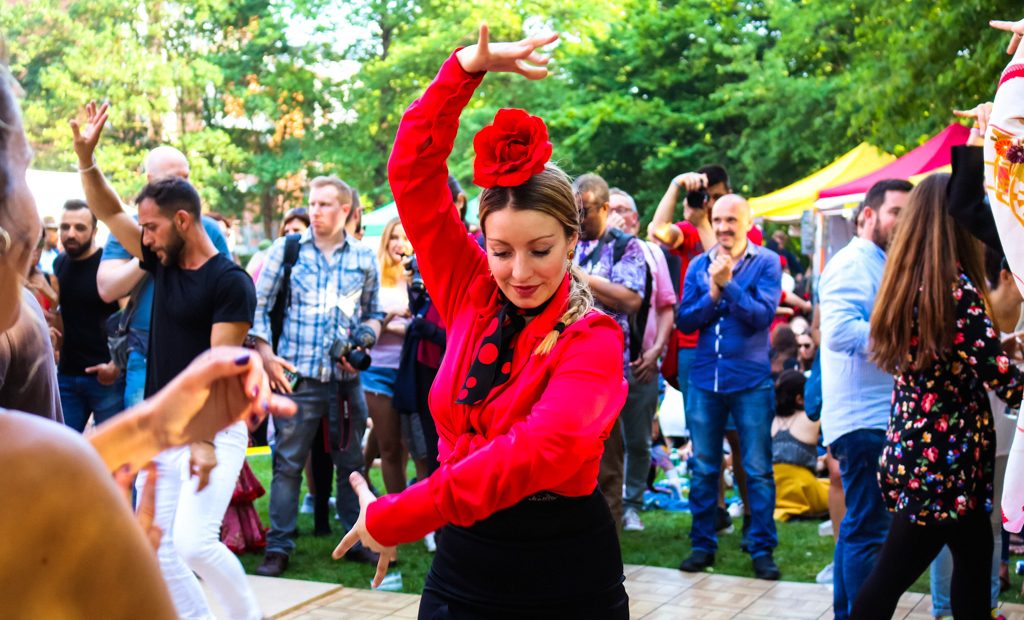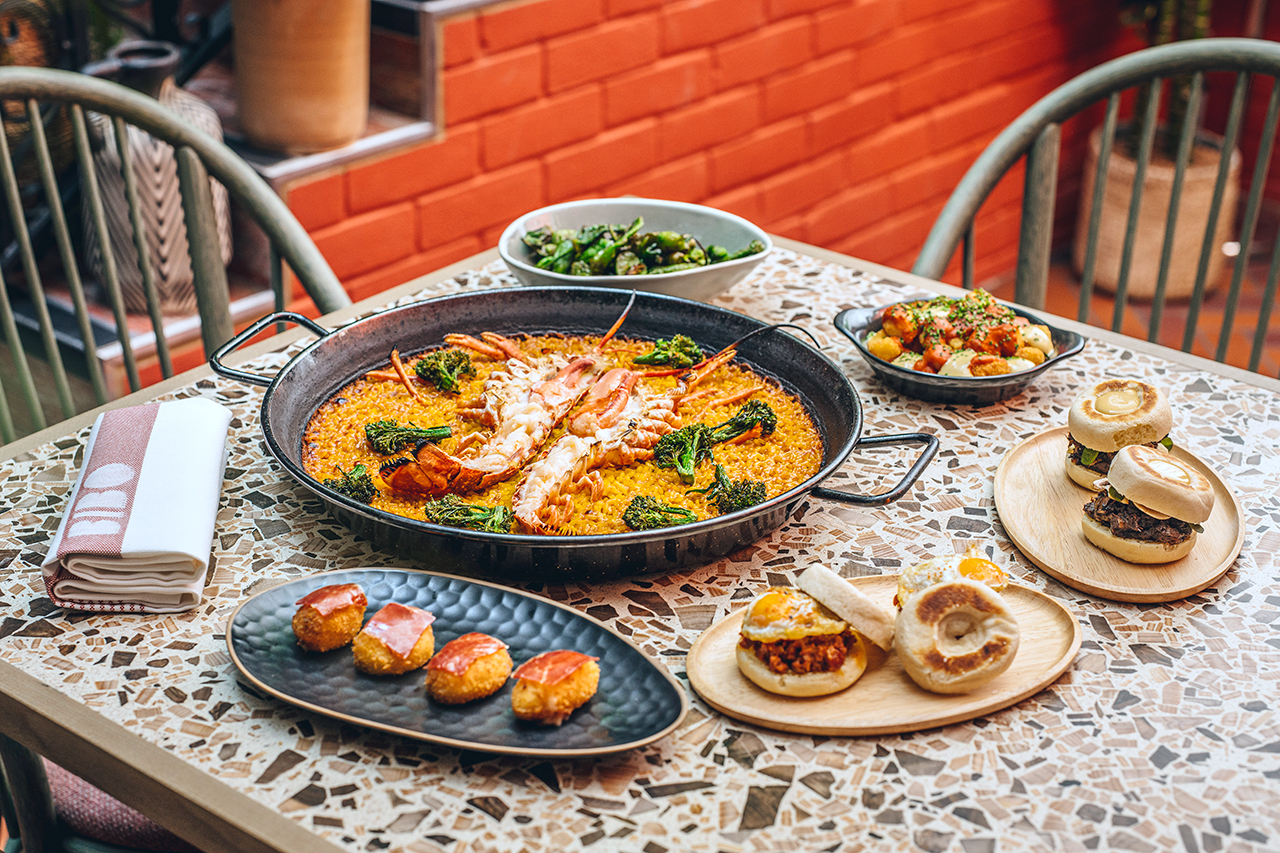The cultural immersion of Spanish courses in Spain

Many schools offer Spanish courses in Spain not only to focus on teaching the language, but also offer a unique cultural immersion to their students because they know the importance of this aspect of learning a second language. The combination of learning Spanish and immersing oneself in the local culture results in an enriching experience that goes far beyond studying in a classroom.
The festivals, the culture and its local history provide an authentic and profound context for the language that will help students to better understand and deepen their understanding of Spanish. That’s why, in this article, you will find the great importance and impact of cultural immersion when learning a new language like Spanish.
A rich and diverse culture
If there is one thing that characterises Spanish culture, it is that it is very rich and diverse, with traditions varying from region to region. However, all the cities share a common passion for life, music, food and celebrations. Thus, Spanish language schools know that the best way for a student to be attracted to a new language is to live surrounded by it and to engage in innovative cultural activities.
For this reason, many Spanish courses in Spain incorporate cultural activities that allow students to experience first-hand traditions, festivals and live new experiences. For example, in Andalusia, students can participate in flamenco workshops, a dance that is a form of communication and expression rooted in the local culture. Learning the steps and songs will help students better understand the emotions and idiomatic expressions of Spanish.
Another example is Semana Santa (Easter or holy Week), depending on the city you are in, this festivity will be more intense, different or lively. In cities like Malaga and Seville, Semana Santa is a religious and cultural event that attracts thousands of visitors. Students will be able to participate in the processions and observe how faith and tradition are lived in Seville or Malaga. By interacting with locals and participating in local festivities, students will improve their listening comprehension and their ability to communicate in formal and informal contexts.
Spanish festivities offer exceptional opportunities for Spanish language and cultural immersion. Las Fallas in Valencia is another great example. In this city you will see giant cardboard and wooden monuments erected in the streets before being burned in a spectacle of fire and music. This event is a demonstration of art and creativity and, at the same time, a celebration of Valencian community and tradition. If you visit Valencia during Las Fallas to study Spanish courses in Spain, you can learn vocabulary related to this festivity, about art and celebrations, but also can practice the language in social and common situations.
An incredible gastronomy
In addition to the festivals and celebrations, another pillar of Spain is its gastronomy, which also plays an important role in learning Spanish. Take part in cooking workshops or simply enjoy a meal or tapas in a local restaurant. You can learn vocabulary about Spanish ingredients, recipes and culinary customs in the city you are in. Each city has its own typical dish that you won’t be able to resist trying! Paella, tortilla, croquetas, cocido, cachopo, gazpacho, pisto… the options are endless.
Once you have tasted Spanish gastronomy you will be able to have your own opinion about it and have conversation topics and contexts in which to practice Spanish in a natural and enjoyable way. Many Spanish courses in Spain often include excursions to local markets or Spanish cooking classes, where students can interact with each other and broaden their understanding and use of Spanish.
Living surrounded by Spanish 24 hours a day, a different, varied and very rich culture, as well as tasting unique dishes from the country will make you like the idea of studying a second language a little bit more. Not to mention the benefits you will have in your professional future if you speak more than one language.
Integrating into the local culture and Spanish festivities is, without a doubt, one of the favourite activities of all Spanish students who visit the country. Cultural immersion provides authentic and meaningful contexts for practicing Spanish, making learning more effective and memorable, as well as opportunities to improve your communication and learn colloquial expressions that don’t appear in books.
Choosing to take Spanish courses in Spain is an investment in your language learning, your future and your growth as a person. Live a transformative cultural experience while you study a Spanish course in Spain.
The editorial unit
























Facebook
Twitter
Instagram
YouTube
RSS